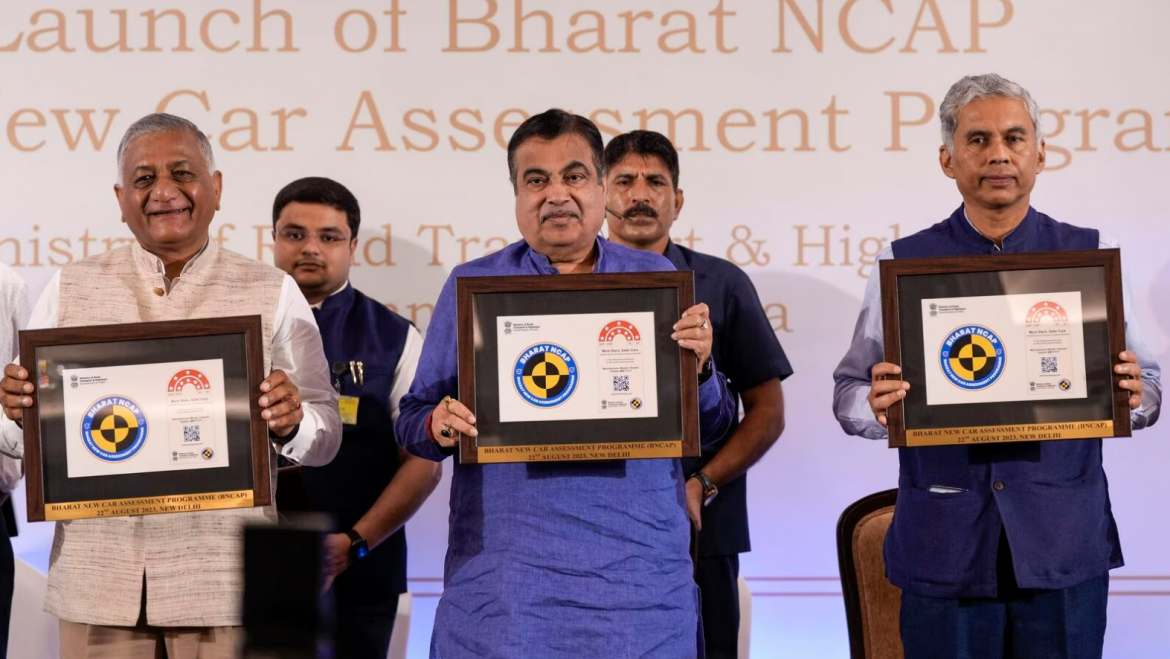The Society of Indian Automobile Manufacturers recently held its 64th annual session in New Delhi, where the Union Minister for Road Transportation and Highways, Nitin Gadkari, shared his ambitious vision for India’s future in the automotive and energy sectors.
During the event, Gadkari highlighted the significant contribution of the automotive industry to India’s economy. He revealed that the sector accounts for 6.8 per cent of the country’s total GDP and an impressive 40 per cent of the manufacturing sector.
The minister also addressed India’s commitment to environmental sustainability. He discussed the nation’s goals of achieving carbon neutrality and reducing carbon emissions by 2070 and 2030, respectively. These targets align with global efforts to combat climate change and promote sustainable development.
One of the key focuses of Gadkari’s speech was India’s potential in hydrogen production. He expressed a bold vision of India becoming the world leader in this field. The minister aims to dramatically reduce the production cost of hydrogen to just USD 1 per kg, a significant decrease from the current cost of approximately INR 300 per kg. To achieve this ambitious goal, Gadkari emphasised the need for localising hydrogen production technology. He believes that by doing so, India could become a global leader not only in hydrogen production but also in the manufacturing of electrolysers.
Gadkari also proposed an innovative approach to hydrogen production using waste segregation. He suggested that by separating organic waste from materials like plastic, metal, and glass, biodigesters could be used to generate biohydrogen for commercial use. This proposal aligns with sustainable waste management practices while also contributing to India’s energy goals.
The minister acknowledged India’s position as the third-largest market for passenger vehicles globally. Given this status, road safety remains a critical concern. To address this, Gadkari announced plans for a substantial investment of INR 450 crore in new technologies for a crash testing facility. This state-of-the-art facility is expected to be operational within the next three months, demonstrating India’s commitment to improving vehicle safety standards.
These announcements and initiatives reflect India’s multifaceted approach to developing its automotive sector. The focus spans from economic growth and sustainability to technological innovation and safety improvements. Gadkari’s vision encompasses not only strengthening India’s position in the global automotive market but also positioning the country as a leader in emerging technologies and sustainable energy production.



